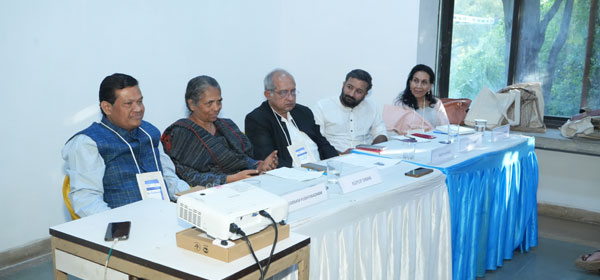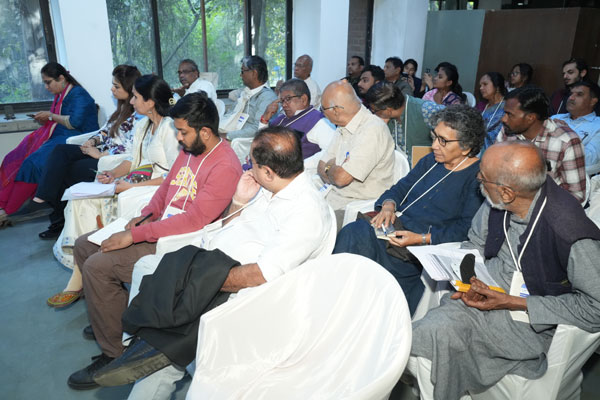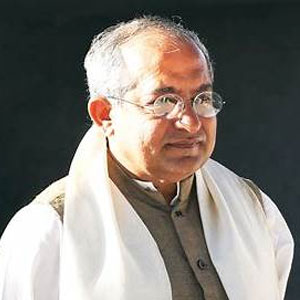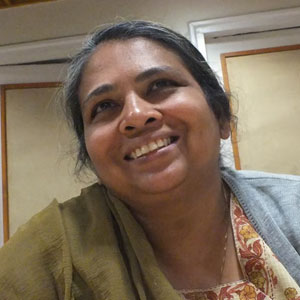Education can play a pivotal role in promoting non-violence and targets for Quality education. SDG target 4.7 among several other values, aims at inculcating ‘a culture of peace and non-violence’ among all learners by 2030. SDG16 aims to "Promote peaceful and inclusive societies for sustainable development.
In India the new Education Policy 2020 recognises ‘non-violence’ as an important human value which should be integrated in the curriculum (NEP6.20, 11.8).
Across the globe there are discussions happening around how to inculcate a ‘culture of peace and non-violence’ among young people within formal education systems and outside schools in neighbourhoods and communities. The conference aims to share these global learnings and prepare recommendations on strategies to develop a ‘culture of peace and non-violence’.
One such initiative is the project ‘Learning Non-Violence’ which is collaboration between Centre for Environment Education (CEE) and Sabarmati Ashram Preservation and Memorial Trust (SAPMT). Started in 2016 in five schools of Ahmedabad, CEE has partnered with the Government of Gujarat to scale up the initiative to 110 schools where different pedagogical approaches, innovative education activities and teachers training modules are being developed to take these learnings into formal education systems.
The thematic/parallel session: Promoting a culture of Peace and non-violence in community was held at the conference with following objectives:
.


Speakers

Dr Suman Khanna Aggrawal,
Founder and President, Shanti Sahyog Centre for Nonviolence
Mr Ajay Govind,
Director, Words Rhythm,

Ms Nupur Sinha, Director,
Centre for Social Justice
Prof Karnam Pushpanadham,
Faculty of Education and Psychology, Maharaja Sayajirao University of Baroda